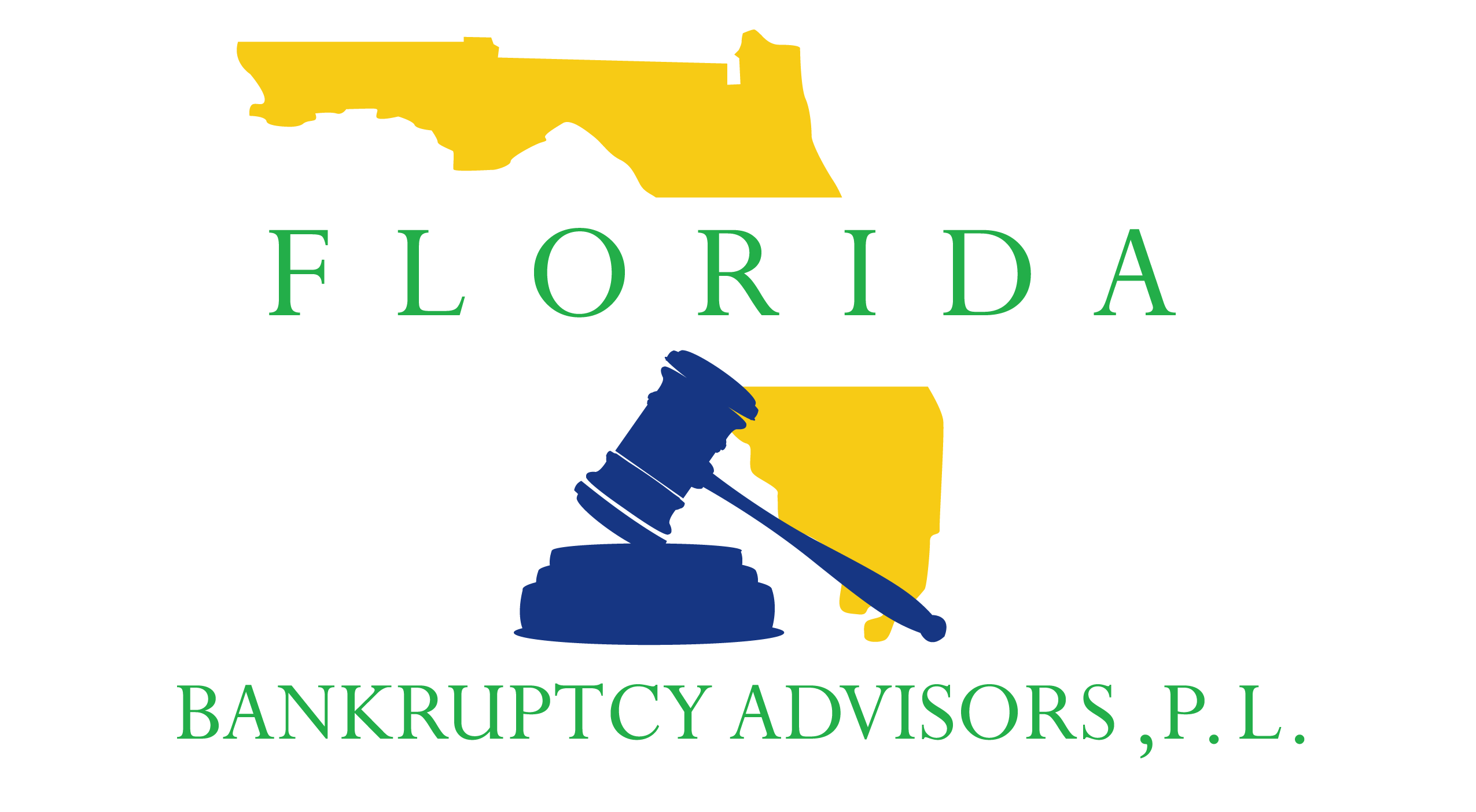Will All of My Debts Be Discharged in a
Chapter 7 Bankruptcy?
Filing bankruptcy immediately stops all of your creditors from seeking to collect debts from you. At least until your debts are sorted out according to the law.
Will All of My Debts Be Discharged in a Chapter 7 Bankruptcy?
If you are looking for an answer to this question Will All of My Debts Be Discharged in a Chapter 7 Bankruptcy? Then you are at the right place. Generally speaking, a Chapter 7 bankruptcy will discharge your unsecured debts. Like credit card bills, medical bills and other general unsecured debt likewise personal loans. At the end of a successful Chapter 7 bankruptcy, the bankruptcy court will enter an Order of discharge. This essentially eliminates debts and prohibits underlying creditors from ever trying to collect form you again.
However, not all unsecured debts are always included in scope of bankruptcy court’s Order of discharge. For example, unsecured debts like child support, alimony, student loans, some government debts and recent income tax debts are typically not dischargeable debts in bankruptcy. Debts created through fraud/accident while you were intoxicated may also be excluded from scope of bankruptcy court’s Order of discharge. Certain debts may also be excluded from discharge if the creditor was not properly notified about your bankruptcy filing, or if the creditor successfully objects to their debt being included as part of your discharge (these creditor objections are typically related to “grudge” family members or partners, fraud and excessive purchases of luxury items or cash advances shortly before the bankruptcy filing).
Secured Loans
Also, “secured loans”, which are loans secured by collateral. Such as car loan or home mortgage, have liens on property that typically pass through the Chapter 7 bankruptcy unaffected (although judgment liens can be “avoided” in Chapter 7 bankruptcy). While your personal obligation on these loans may be included in your bankruptcy discharge, secured creditor typically may still foreclose or repossess their underlying collateral if a default occurs on their secured loan (but your personal obligation to pay is typically included in the Order of discharge).
We understand what you're going through and want to help.
Call Now for a FREE Phone Consultation with an Experienced Bankruptcy Attorney to learn more about bankruptcy.
